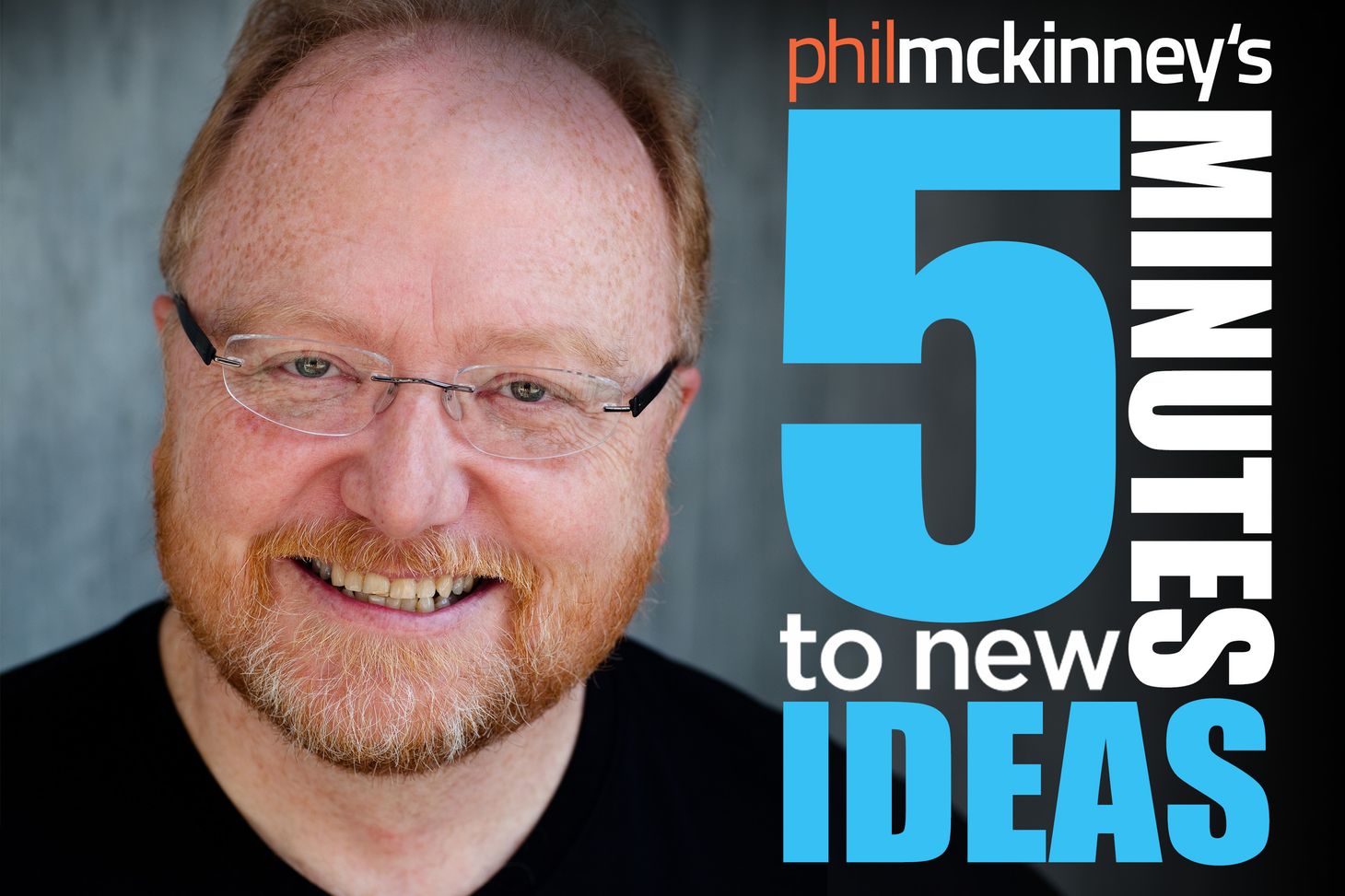Who is passionate about my product

I’ve never shopped at the online craft marketplace Etsy.com or even any of its competitors.
Not an area of interest for me as I’m not often in the market for hand-knitted iPod cozies, customized guitar cables, or the like.
As for my wife and daughters – they are big fans and very loyal and passionate users.
And they are not alone. Since 2005 Etsy.com has signed up 2 million merchants and 35 million users.
Their annual sales figures in 2017 were $3.2 BILLION.
Even more interesting to me is not just the passion – but the level of passion that Etsy inspires.
Etsy provides a way for talented people who produce quirky goods to go global.
A young woman who customizes invitations out of vintage postcards would have struggled to find enough business before Etsy existed.
By partnering with the website she can benefit from its all-encompassing reach and make contact with enough serious customers to sustain and grow her business.
On one level Etsy provides a very simple service—allowing vendors to reach people who might not otherwise be aware of their products and make sales.
On a deeper level though, it allows entrepreneurs and customers who are passionate about something—often very niche—to find one another.
At the same time, Etsy provides the hope of freedom from the nine-to-five, and the opportunity for thousands of ambitious entrepreneurs to share their innovations with the world.
Etsy doesn’t promise its users success; it simply offers them a fair shot.
The gamble and risk is all theirs.
There is no physical exchange of goods between Etsy and its users, and the website makes its money by charging a commission on sales.
The irony is that many users who break down the actual time they spend making a product versus what they can sell it for find they are lucky to make minimum wage.
Other users find that their quirky one-offs are copied by factories or larger operations who can then undercut their prices on other, more commercial, retail sites.
The relationship between Etsy and the store holder can be turbulent; users love the site, but some are growing increasingly frustrated that the core premise—you can only sell what you yourself make, crafting supplies, or vintage items—limits their potential profits.
There is no way to scale your offerings which keeps merchants artificially constrained.
This ceiling means that the vast majority of users are doing this for one reason: passion.
They love what they do, and they love/hate the website that allows them to do it.
Passion makes the relationship between organization and customer volatile.
Some companies can survive it (think of the outrage that briefly but noisily roils around every iteration of Facebook’s operating agreement)
Others misjudge the depths of their customers’ feelings and can come perilously close to crumbling because of it.
The Dutch bank ING enraged their customers by paying bonuses to bosses after it had been bailed out by the government.
The banks’ customers were so angered that they rallied on Twitter and threatened to withdraw their deposits en masse.
Eventually the bank reversed its position, the bonuses were rescinded, and order was restored.
It will be interesting to see what Etsy evolves into, and whether it can keep users passionate in a positive way as it continues to grow at an accelerated rate.
It’s possible Etsy will see them grow resentful, much like the original eBay sellers who railed against changes in the site’s fee policy.
For now this very simple exchange is enough to cement their customer’s passion and loyalty.
Can you say the same about your business?
So ask yourself ..
Who is passionate about my product or something it relates to?
Challenge yourself to think deeper about how your customer thinks about your product ..
[Sparking Points]
Do you or your product inspire an emotional reaction from your customers?
Do they feel like they couldn’t get by without what you do? Why or why not?
Can you tell the difference between a customer who feels frustrated that he has to use your product, and one who is grateful that your product is there and available to him?
What are you doing to understand this emotional connection?
This emotional connection has its pros and cons.
On the pro side – its key to market success as you look to differentiate yourself from your competitors
On the con side -- if you upset that passion, you may find it turn into anger and aimed at you..




